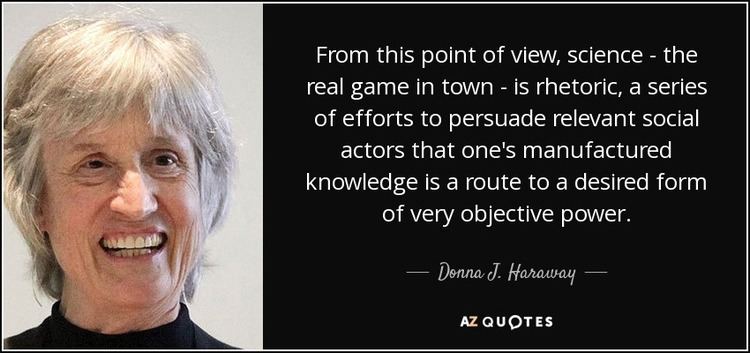In this breaking The Tabo video, Sapphire Sandalo shows the precarious position the Filipino LBGTQ people in the Philippines. One the one hand, it seems that we are celebrated, but the other hand, we are also being oppressed.
While many claim that they are accepting to LGBTQ people and that they love having gay friends, we are also simultaneously excluded. We are welcome for as long as we can make them laugh, do their hairs, nails and make-up. In other words, they love us when we do not upset the status quo, when we rehearse stereotypes.
The friendship they offer is patronising at best. They consider us our friends, but we are still consider to be inferior because we are perceived to be immoral and unnatural.
Continue reading “Youtube video: How de Filipino Really Feel About LGBTQ folk? | Breaking The Tabo”
